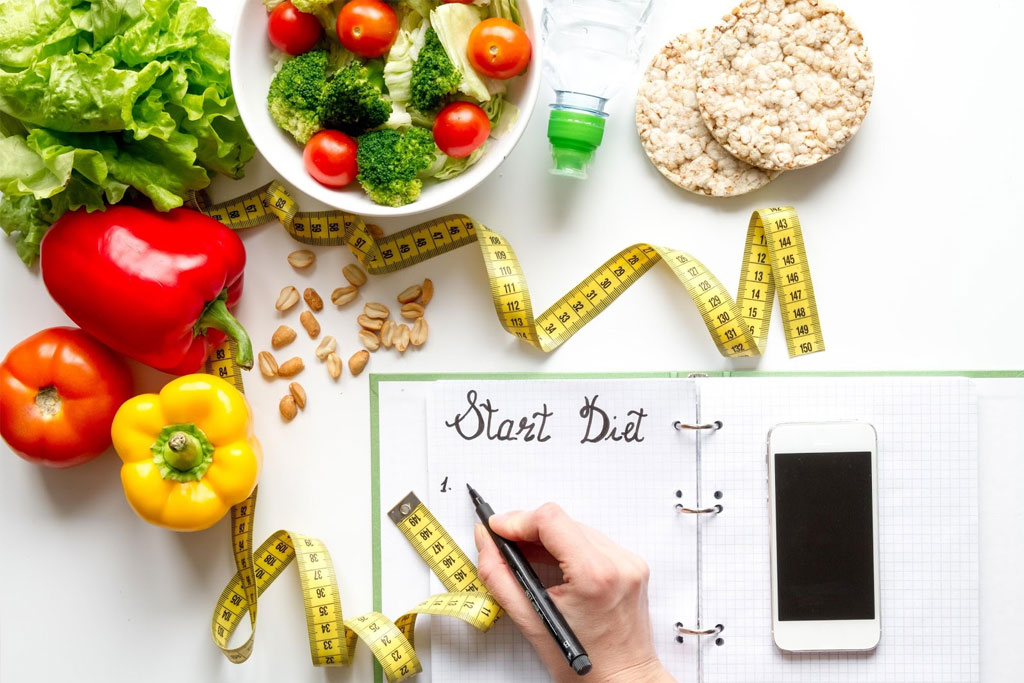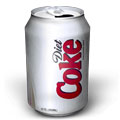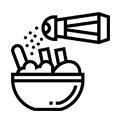
Nutritionist Consultation
A poor diet can increase the risk of developing sight-threatening eye conditions, such as cataracts, diabetic retinopathy, and macular degeneration. However, there are many foods that are rich in eye-friendly nutrients that can help protect your sight and keep your eyes healthy.
Here are some nutrients that are important for eye health:
Vitamin A
Helps your retina turn light rays into images and is vital for photoreceptors, which determine vision quality in low-light conditions. Good sources include egg yolks, dairy, liver, spinach, carrots, sweet potatoes, cantaloupe, and apricots.
An antioxidant that helps repair and grow new tissue cells. Good sources include citrus fruits, peaches, red bell peppers, tomatoes, and strawberries.
Omega-3 fatty acids: May help reduce the risk of developing eye disease later in life. Good sources include cold-water fish like salmon, tuna, sardines, halibut, and trout.
Lutein and zeaxanthin:These nutrients are found naturally in the retina and are part of the “carotenoid” family of plant pigments, which give color to many vegetables and fruits. Good sources include leafy green vegetables like kale, spinach, and swiss chard, as well as broccoli, asparagus, and colorful fruits like raspberries, papaya, peaches, and mangoes.
Some other foods that may be bad for your eyes include:Sugar
Too much sugar intake can increase the chances of developing diabetes.
White bread and pasta
Simple carbs like bread and pasta have shown to lead to vision loss in older adults due to age-related macular degeneration.
Diet soda
A 2018 study found a substantially higher risk of proliferative diabetic retinopathy among individuals who consumed more than four cans of diet soda weekly.
High sodium
Some research has shown a link between a high-sodium diet and an increased risk of cataracts.














